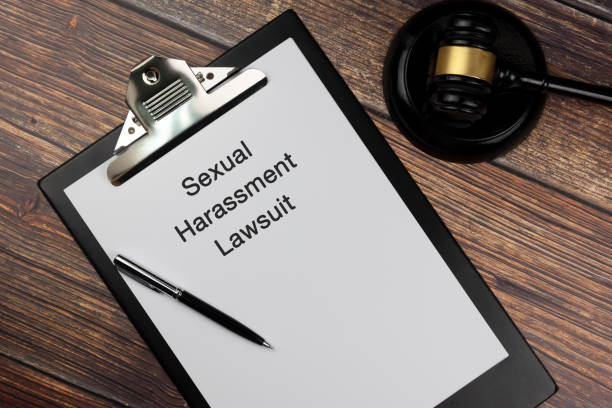
Sexual Harassment: If Australia’s fifth bank, AMP really wants to change its culture, there’s no need to keep updating the handbook on diversity and inclusion — it should start listening to the females they employ. During an internal upheaval by AMP’s female staff last month, one female called for the company to sack the male at the centre of AMP’s latest sexual harassment controversy, Boe Pahari, and added:
“How we change culture is by doing anything and not just talking about doing something, whatever that means”. She was among a number of outraged AMP female staff members at a virtual town hall-style meeting held last month, detailed in an Australian Financial Review report.
In that meeting of about 100 staff, held online AMP group executive of people and corporate affairs Helen Livesey was forced to respond to furious employees over the scandal involving Mr Pahari, who has now stood down from the role of AMP Capital chief executive but is now demoted (when the public start to forget and move on, probably will be promoted when it all blows over).
Sexual Harassment: It’s a telling outline of the problem that faces not only AMP but much of business Australia.
A company’s culture is not about a piece of paper that says sexual harassment won’t be tolerated or a tick-the-box exercise on diversity targets (although that’s not to dismiss the importance of appointing more talented females to senior roles).It’s about how people at the top treat their “rank and file” female employees. It’s about what action is taken in response to those so-called “one-off” cases of inappropriate behaviour and comments.The wrongdoers will often profess that their comments were innocent; they did not intend to hurt or offend.’It was a compliment’, they will say, or they were just taking an interest in their colleague, or it was just a harmless joke.

But these one-off incidents tend to become patterns. Is it predatory or grooming behavior?
Once entrenched, they are impossible to get rid of, because the standard of what is acceptable is set.
Anyone who questions the standard is seen as a troublemaker, maybe a whistle blower and then, demoted or sacked.
In virtually every case the #MeToo movement has brought to light — from Harvey Weinstein and Roger Ailes to former High Court justice Dyson Heydon — how men in positions of power treat female subordinates typically doesn’t start with full-blown harassment.
Sexual harassment complaints by numerous women against film producer Harvey Weinstein sparked the #MeToo social media campaign.(Reuters: Shannon Stapleton).
It often starts with an inappropriate comment, a questionable invitation or an uncomfortable gesture — and how management in workplaces treat those instances matter.
According to a 2018 Australian Human Rights Commission (AHRC) survey, 72 per cent of Australians over 15 have experienced sexual harassment in their lifetimes, while 23 per cent of women and 16 per cent of men said they had been harassed at work.

I hope the article was informative, if you want to contribute to the conversation, or have concerns, call us, email us. We are leaders in workplace commentary and representation Fair work Commission. Unfair dismissals, forced to resign due to inappropriate behaviour, stop sexual harassment order, call us immediately.
Free call 1800 333 666













